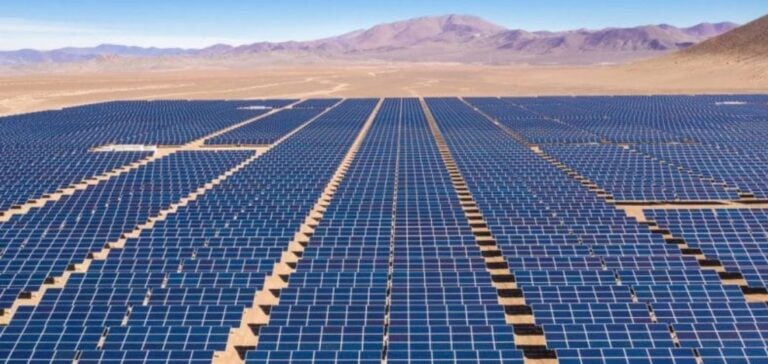British International Investment (BII) and Meridiam have signed an agreement to finance Rift Valley Energy (RVE) to the tune of $15 million, with a possible extension to $25 million. This investment will support the development of renewable energy projects in Tanzania, aimed at increasing the country’s energy capacity. RVE, a Meridiam subsidiary, is focusing on developing an additional 7.6 MW of power for the national grid.
Growth and Electrification Objectives
The funding will enable the installation of new wind and hydro power capacity, boosting the supply of electricity to businesses and households in rural areas. RVE plans to supply electricity to around 170,000 people and connect 4,000 businesses and households to the grid for the first time. The project also aims to support local industries, improving operational efficiency and productivity.
Economic impact and employment opportunities
BII’s investment is expected to create around 1,800 jobs and contribute to a significant reduction in energy costs for local businesses. Improving the electrical infrastructure will enable businesses in various sectors to benefit from a more reliable and economical source of energy, which is essential for stimulating local economic growth and attracting new investment.
Regional Partnerships and Investments
BII and Meridiam have a long history of strategic partnerships in the African energy sector. In 2023, BII has committed over $355 million to various projects in East Africa, including investments in infrastructure, telecommunications and financial services. This agreement with RVE is part of a wider strategy to strengthen the region’s energy infrastructure and support long-term economic development.






















